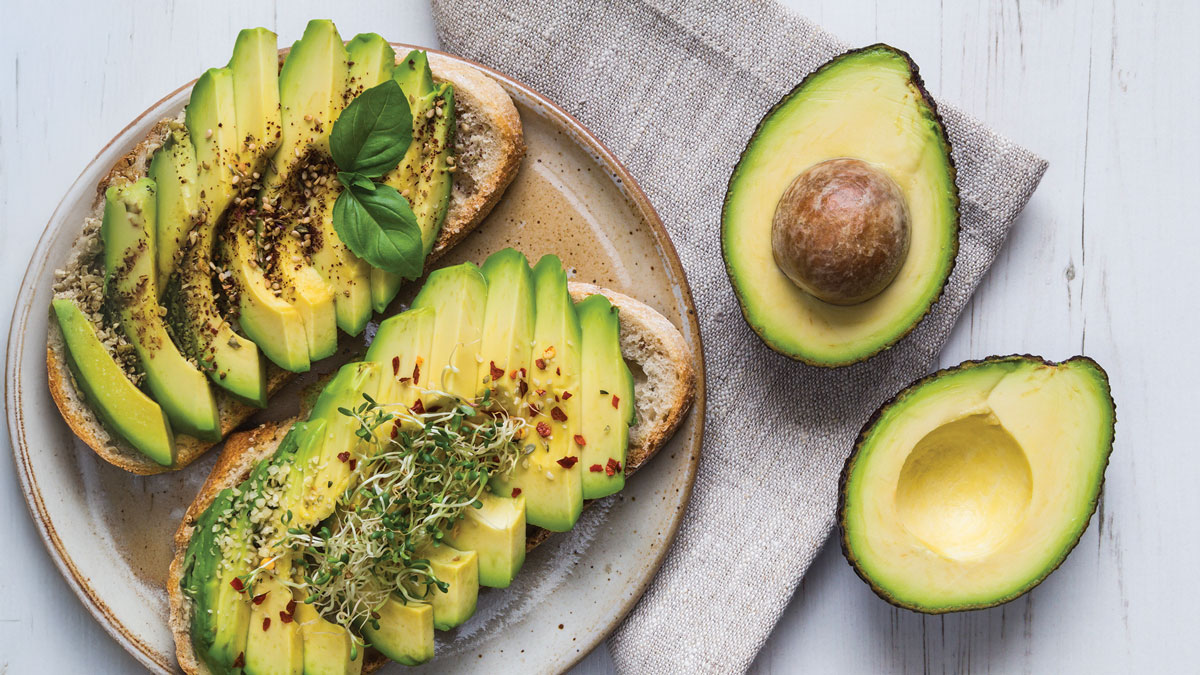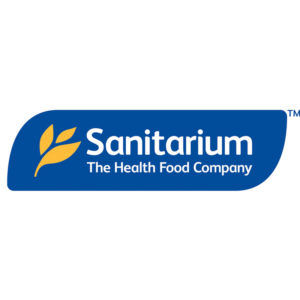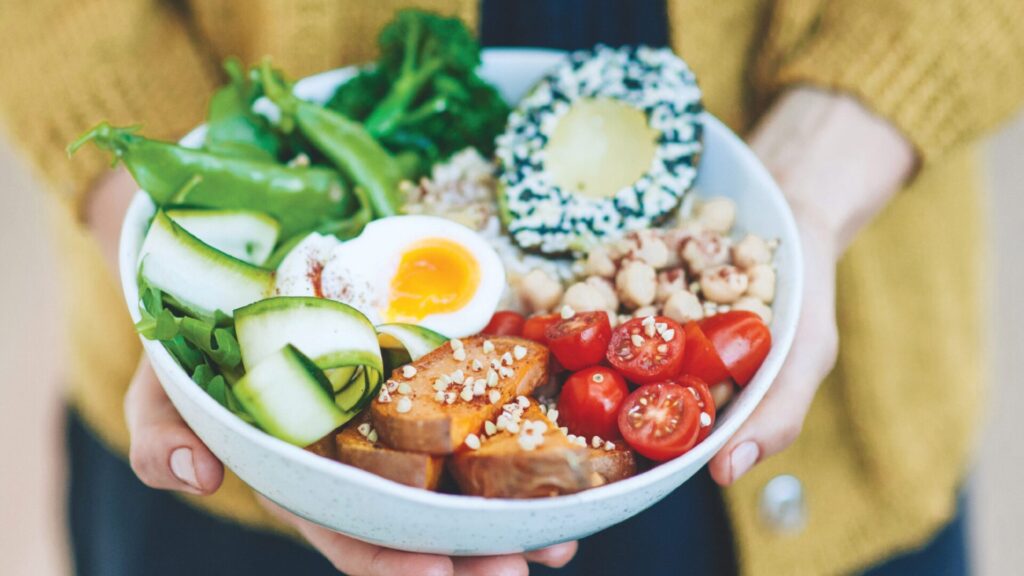Growing up, were you ever told to eat your carrots so you could see better? Turns out, there’s some truth to that tale.
The foods you eat can play a big role in maintaining the health of your eyes. Eating a wide variety of wholefoods, fruits and vegetables are key as each contains a unique bundle of nutrients at different levels. The team of Sanitarium dietitians have shared some of their favourite foods, which contain the eye-loving nutrients you need to support good eye health.
1. Spinach
Containing vitamin A, beta-carotene, riboflavin and vitamin C, spinach is an eye-loving powerhouse to help keep your eyes healthy. Spinach is also a source of the carotenoids lutein and zeaxanthin, which can help protect eye tissues from sunlight damage and reduce the risk of eye changes related to ageing.
Your body needs fat to absorb lutein and zeaxanthin, so enjoy your spinach with unsaturated fats such as extra virgin olive oil and walnuts.
2. Sweet potatoes/kumara
While carrots are great for your eye health, sweet potatoes/kumara are another orange veggie to have on high rotation. Both are rich in beta-carotene, the pigment that gives orange vegetables their vibrant colour. Sweet potatoes/kumara are also loaded with additional antioxidants, vitamins and minerals to support eye health, particularly vitamin A.
3. Walnuts
Nuts are great foods for eye health because they’re rich in nutrients like vitamin E, zinc and omega-3 fatty acids. Other sources of omega-3 fatty acids include flax seeds, chia seeds and extra virgin olive oil. Walnuts and other nuts also reduce the risk of cardio-vascular disease, which can increase the risk of the common eye disease glaucoma.
4. Strawberries
Strawberries are a surprising source of vitamin C, which is essential for your eyes. The good news is achieving your recommended dietary intake for vitamin C as adults is achievable with a balanced diet. You want to aim for 45mg/day. For example, one quarter of a capsicum contains approximately 200mg of vitamin C. If strawberries or capsicum aren’t your thing, other vitamin-C containing foods include broccoli and citrus fruits.
5. Avocado
Avocados are a source of lutein and zeaxanthin, as well as monounsaturated fatty acids, and they have been found to increase macular pigment density in older adults, according to research. Avocados are great for promoting eye health as lutein prevents macular degeneration, cataracts and other age-related eye issues.
6. Sunflower seeds
Tiny but mighty, sunflower seeds are a source of vitamin E and so simple to add to your diet. Sprinkle on your salad at lunch or on your cereal for brekkie.For more information and research references check out the full article at sanitarium.com.






